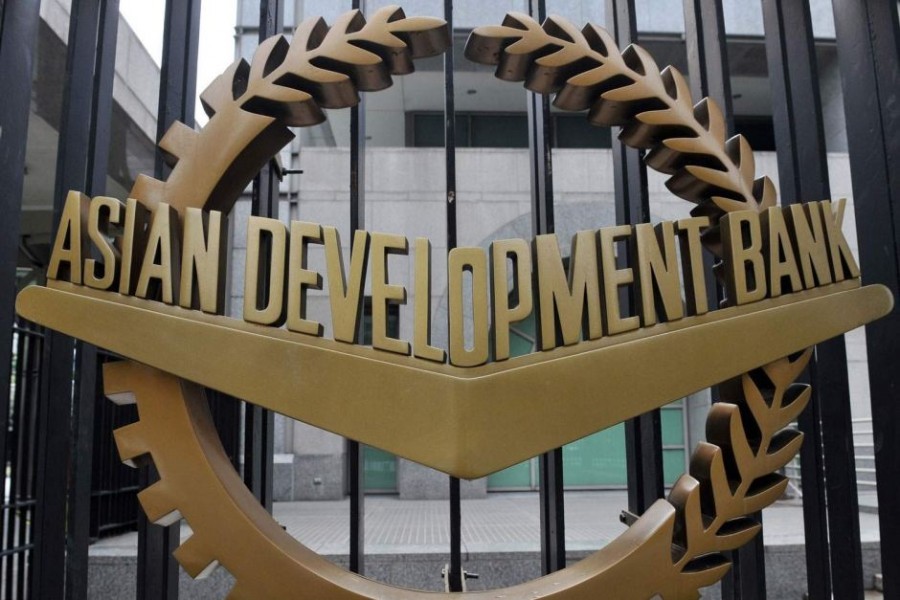As advised by the ADB, the government plans to introduce an integrated registry system for all beneficiaries of the SNPs under the reform initiatives by June 2023 to avert 'mis-targeting and duplication'
It is heartening to note that the government has, reportedly, decided to reform the social safety net programmes (SNPs), a long-overdue job. The Asian Development Bank (ADB) has extended its help, both financial and technical, to the government to help streamline the SNPs, which has grown massively over time involving substantial annual spending. The programmes are basically designed to provide support to the poor and disadvantaged sections of society.
The Manila-based lender last month approved a $250 million policy-based loan as budget support to the government to carry forward the reforms in the next five financial years. Besides offering sizeable financial help, the bank has already shared a report that outlines the policy reforms and estimated the extent of savings the government might accrue from their successful execution. The country could save, according to the ADB report, as much as $19.3 billion through the correction of inclusion error concerning the SNP beneficiaries and reduction of the relevant administrative and transaction costs over five years. The elimination of inclusion errors relating to the beneficiaries alone would help save an amount worth nearly $16 billion.
There is no denying that the estimated savings being substantial in size could be used for both raising the number of the SNP beneficiaries and the volume of financial help that is distributed to each of the listed beneficiaries regularly. But the reforms that are supposed to deliver results as savings and other benefits will be an extensive and painstaking job since the SNPs are plagued with weaknesses, including insufficient coverage and benefits, duplication of programmes of the same nature, widespread leakages, etc.
The ADB has found the targeting errors with most SNPs at a critically high level. The Household income and Expenditure Survey of 2016 also found both exclusion and inclusion errors with beneficiaries. Several studies have noted that a large part of the money transfers under the safety net programmes ends up in non-deserving non-poor groups. Allegations of interference during the selection of beneficiaries have also surfaced frequently.
As advised by the ADB, the government plans to introduce an integrated registry system for all beneficiaries of the SNPs under the reform initiatives by June 2023 to avert 'mis-targeting and duplication'. At least 80 per cent of the programmes involving cash-based benefits could be managed under the registry system. Identical steps in India and Pakistan have helped the elimination of ghost beneficiaries from their safety net programmes. Under the ADB- suggested reforms, the government is likely to implement the much-touted social insurance scheme or a pension scheme for the private sector on an experimental basis.
The ADB-suggested reforms sound good and, if implemented, would benefit the state coffer and the poor and disadvantaged sections of the population as well. One, however, has reasons to be sceptical about the outcome since the experience with reform measures started in some sectors, including taxation, banking, capital market land ownership etc., in the past was not that palatable. Hopefully, the relevant authorities would mean business this time in taking forward the reforms for the sake of the poor and the distressed people.


